The Best Books I Read In 2022
Every year, like the completist geek I am, I keep a record of every book I read. Here are the five I enjoyed the most in 2022.
It hasn’t been a vintage reading year for me. Why? A combination of a very busy working life, a few bad book choices, and that regrettable English Lit grad habit of doggedly ploughing through books I’m not particularly enjoying (hello Wuthering Heights), which from a poll I conducted on Insta seems to be pretty common.
Nevertheless, I kept up the habit of keeping a record of all the books I finished on my Instagram Stories as a highlight (which you can see here), and have picked out the five I enjoyed the most here.
1. Killers of the Flower Moon by David Grann
Let’s be honest. In the Age of Distraction, finding the time and mental bandwidth to read is more difficult than ever. Which is why I began 2022 by reading the type of pacy narrative none-fiction I know I’ll enjoy and be able to rattle through.
In this, I was helped by a post I found on Twitter, in which the original poster asked ‘If I enjoyed Empire of Pain, what should I read next?’ The resulting thread was full of brilliant suggestions. But I enjoyed this devastating tale of murder and conspiracy, expertly told by David Grann, the most. The Martin Scorsese film version starring Leonardo DiCaprio is due out in 2023.
More here.
2. Four Thousand Week by Oliver Burkeman
Don’t be put off by the slightly cringe, life-hacky sub-head (which I guess is on there to make it more commercially appealing to the life-hackers) - this book is absolutely brilliant and completely revelatory.
It’s about how finding ways of coping with the overwhelm and accepting your limited time on the earth, and is much more uplifting than that sounds. I felt uncomfortably seen on every page, and I cannot recommend it highly enough. Burkeman’s newsletter is also essential reading.
More here.
3. Orwell’s Roses by Rebecca Solnit
Finding a new angle on the titans of history, whose tales have been told so often, is not easy. Perhaps that’s why I enjoyed Rebecca Solnit’s portrait of George Orwell the gardener so much. Part biography, part first-person authorial voyage of discovery, it’s a hugely enjoyable read that cast Orwell (for me, anyway) in an entirely new light. (It’s a great companion to Dorian Lynskey’s Ministry of Truth).
I particularly enjoyed Orwell’s withering advice to people grappling with a sense of destiny - don’t worry about artistic legacy, plant a tree instead. It’ll have more impact and be better for the world than anything you’re likely to create. Cheers George!
More here.
4. The Golden Thread: How Fabric Changed History by Kassia St Clair
I really didn’t expect to enjoy this episodic history of the human relationship with fabric and clothes-making as much as I did, which is thanks to Kassia’s lovely style and eye for a telling human detail.
We take so much of the workings of the modern world for granted, particularly how our clothing is made and where it comes from. This book made me reevaluate that relationship.
More here.
5. The Untouchable by John Banville
The novel I enjoyed the most this year, a masterly reframing of the story of the Cambridge Five as told by acidulously unreliable narrator Victor Maskell, the untouchable of the title.
Every about this - particularly the archly savage tone and the sustained irony at work throughout the entire tale - signify a master at work. It’s funny, too. Just what I needed after failing to finish a William Blake biography.
More here.
Read something I should add to the list?

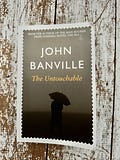

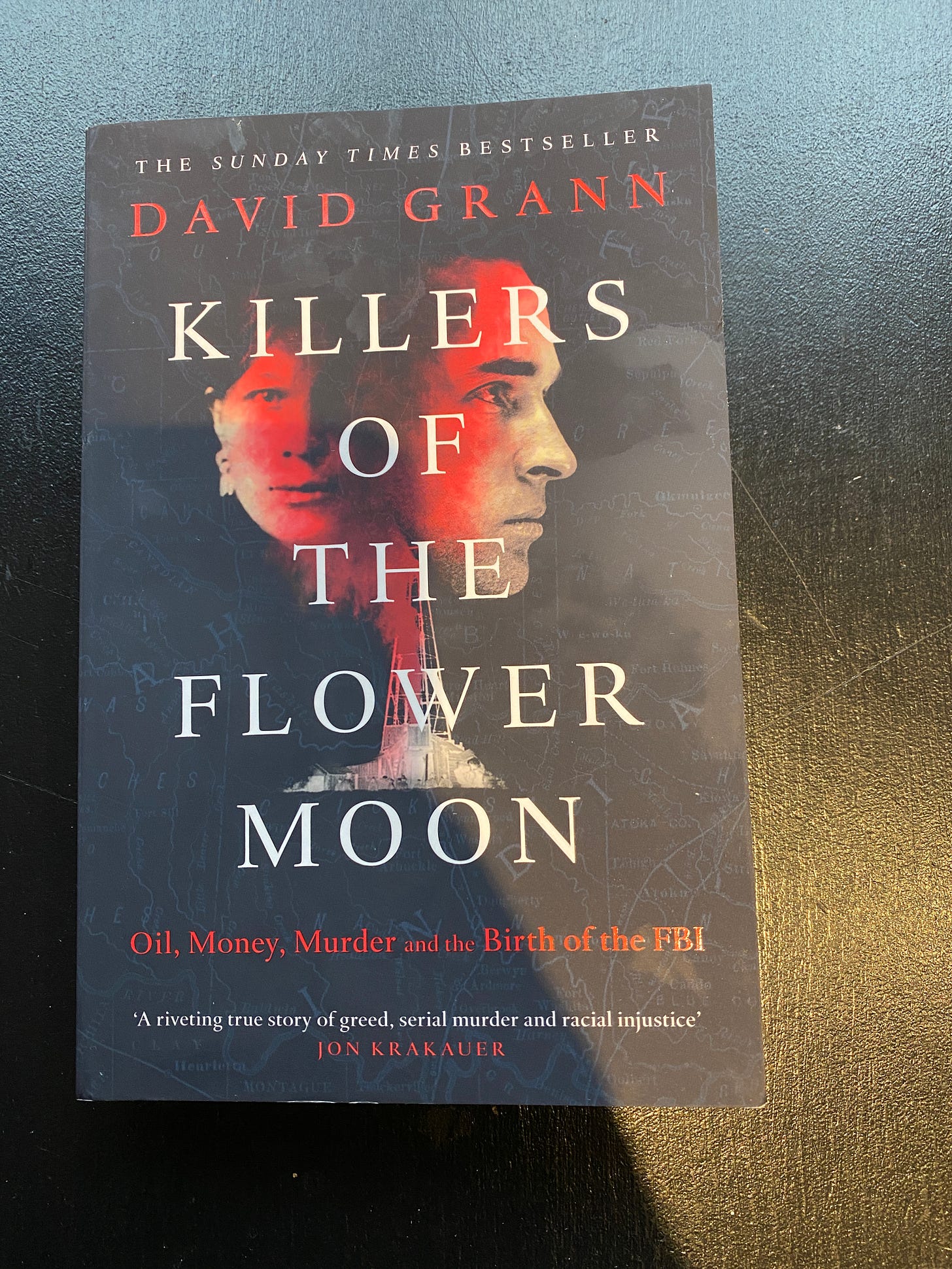
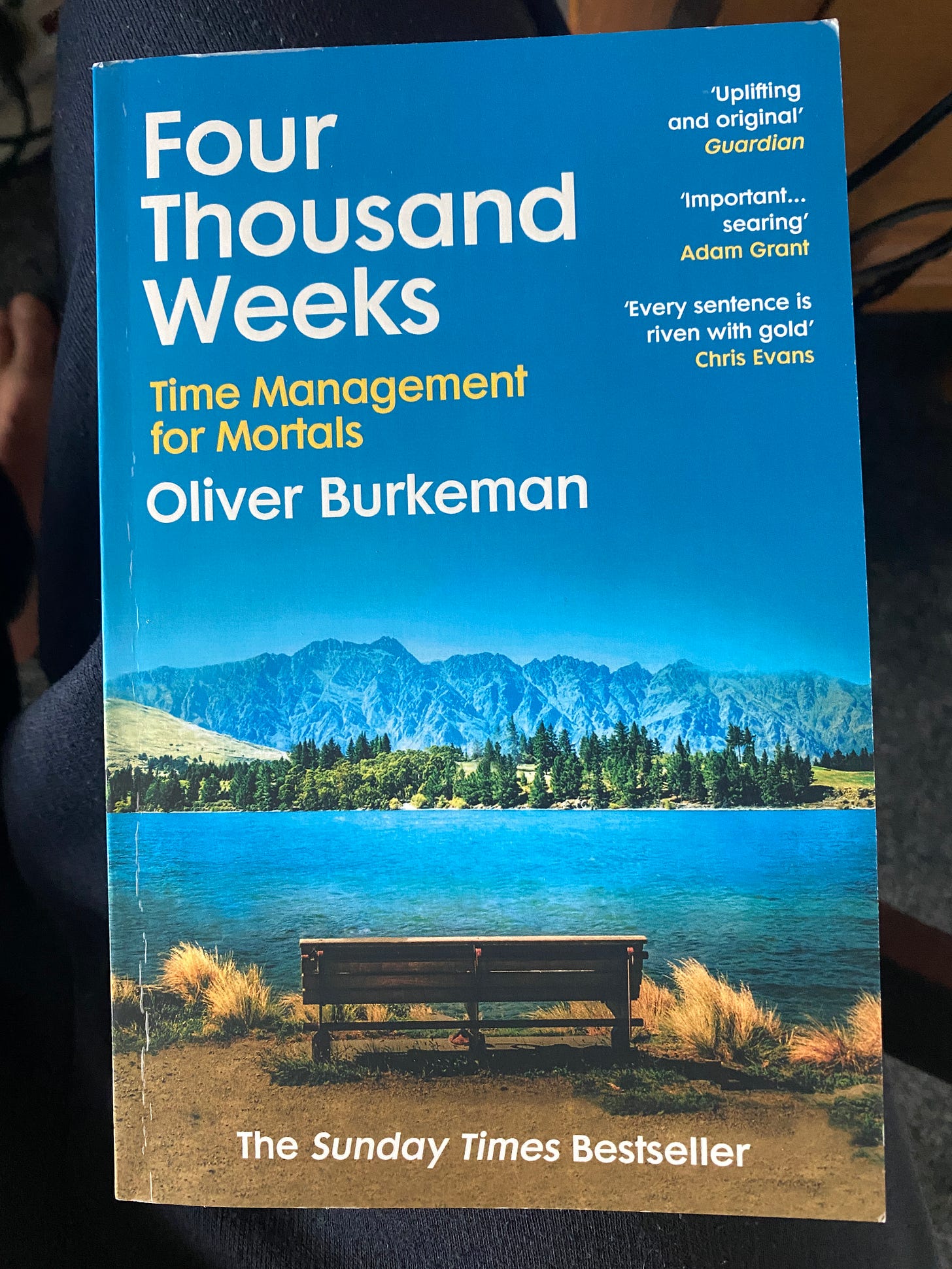
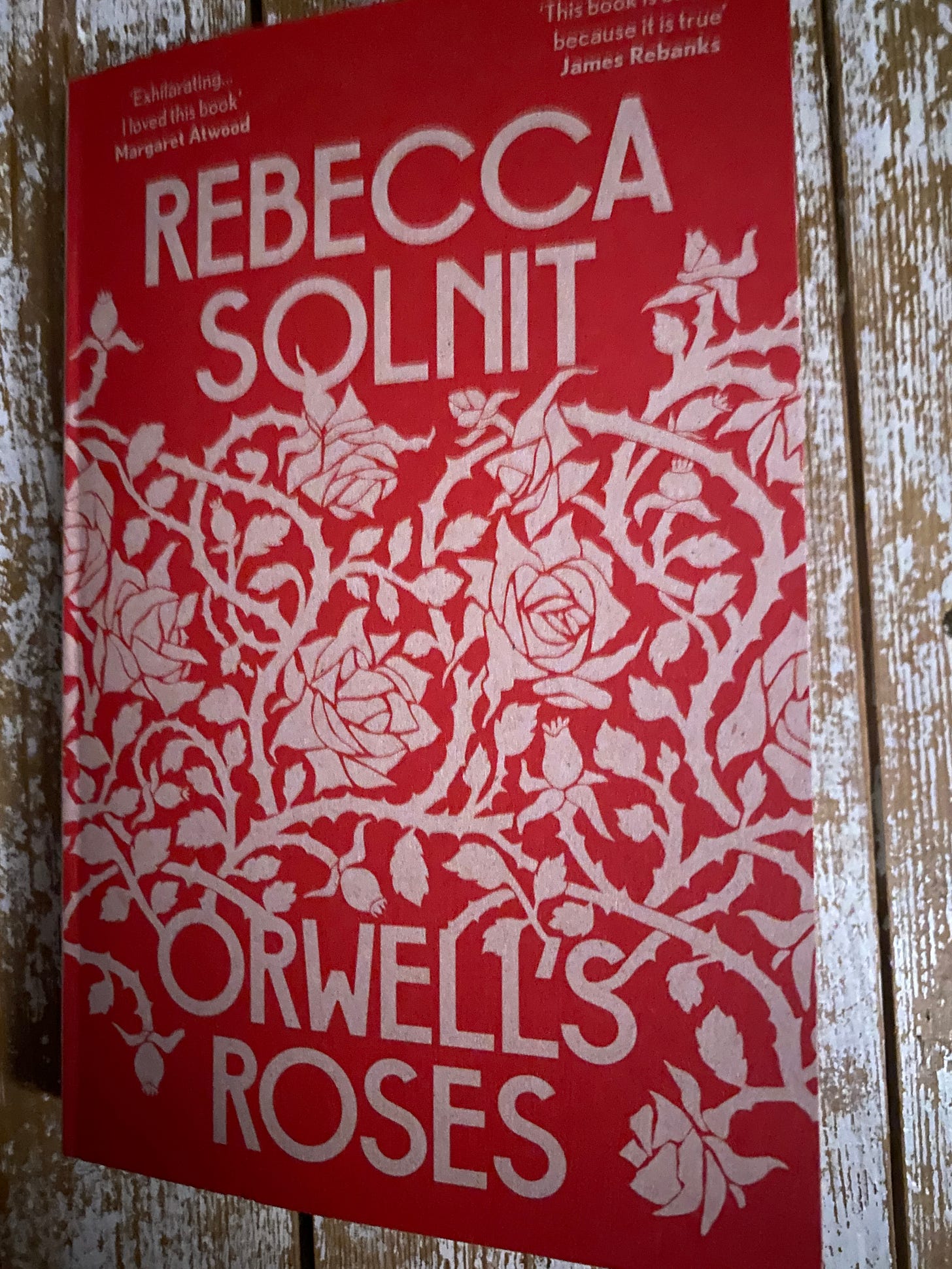
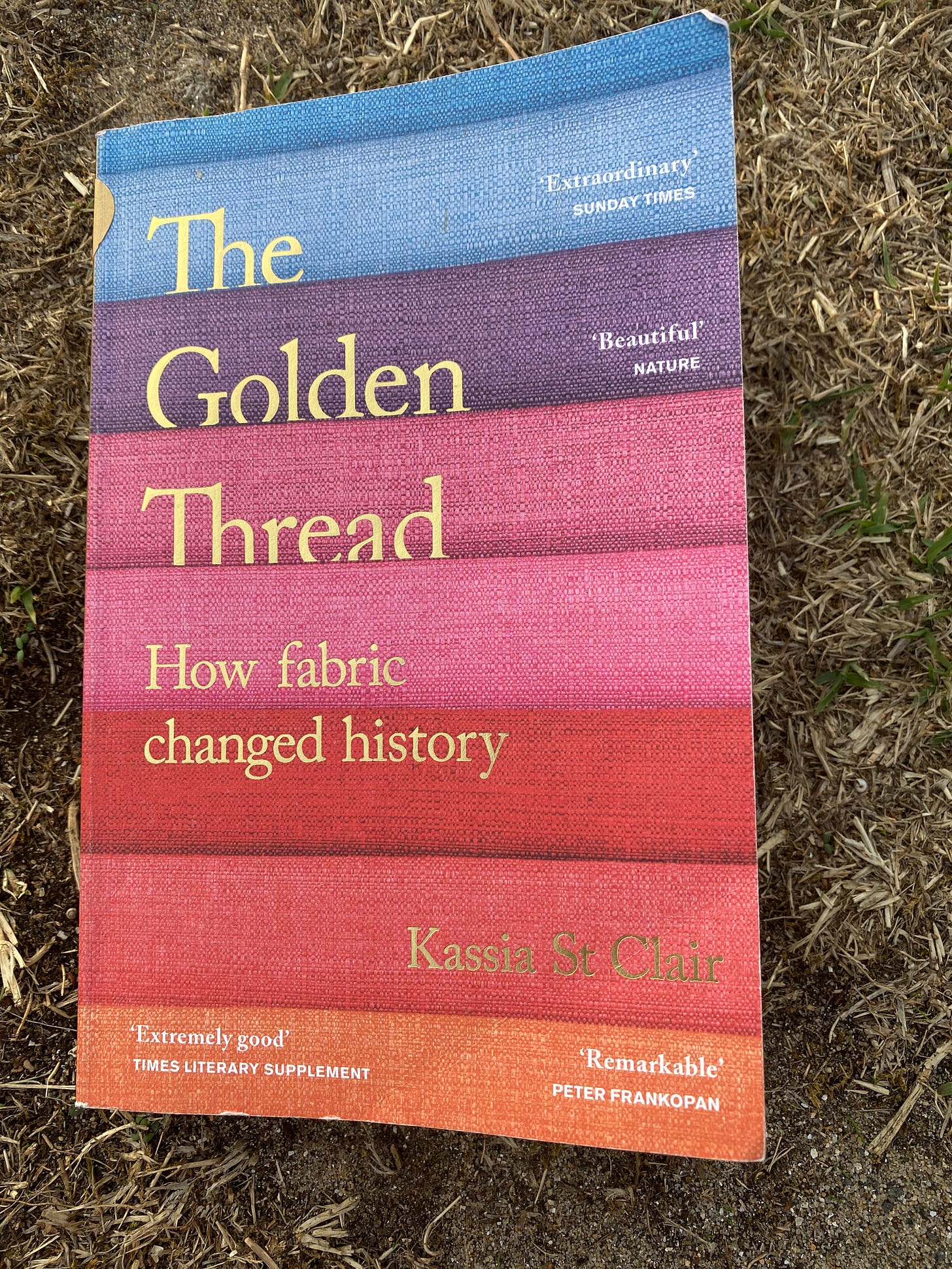
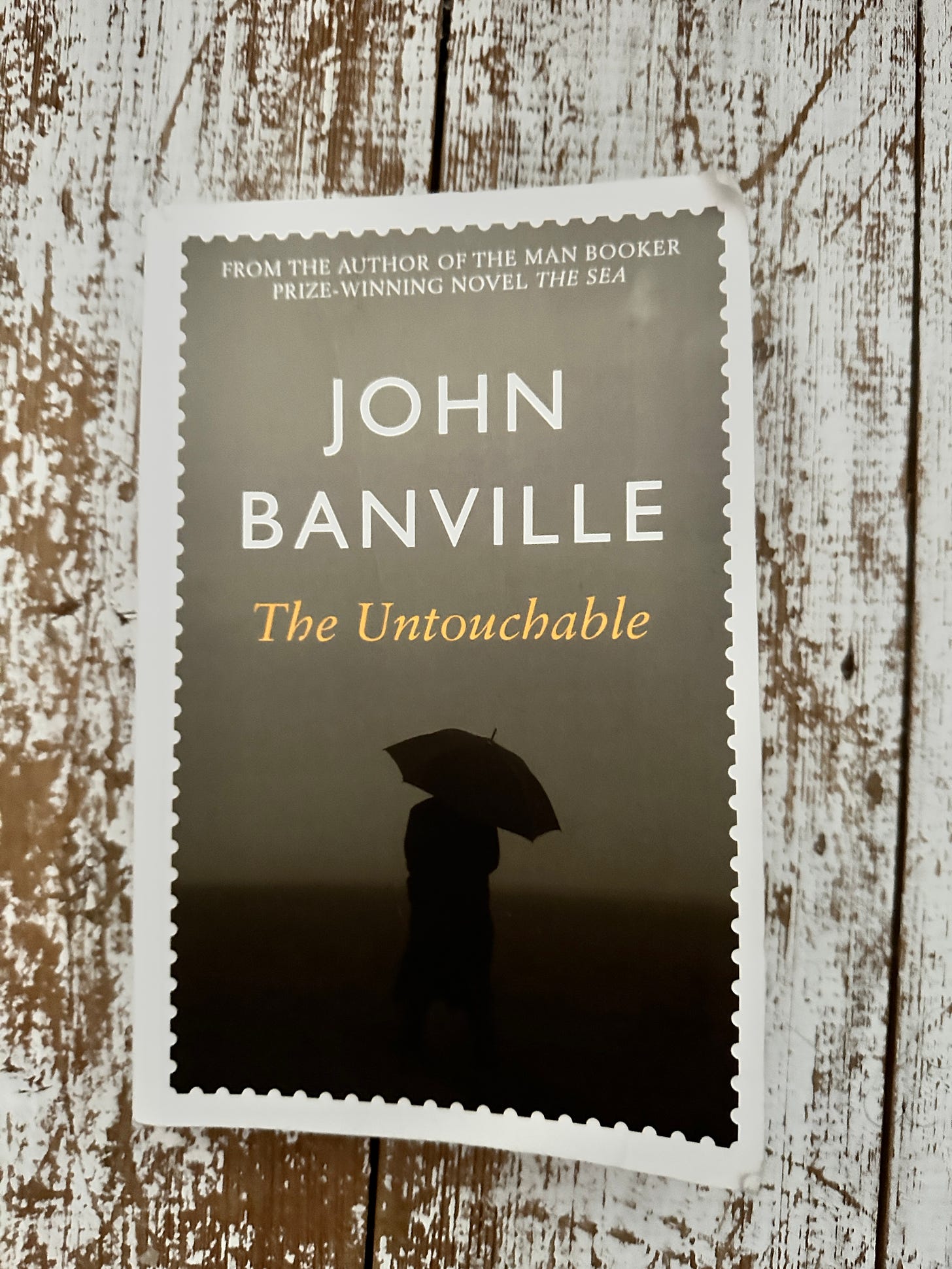
Thank you Matt
Hi mate, very timely list as we near Xmas - thanks.
I'm always reticent about recommending books since I don't read as many as I should. However, this has been a book that I keep referencing in conversations at work and socially:
https://www.amazon.co.uk/Generations-Does-When-Youre-Shape/dp/178649972X/ref=tmm_hrd_swatch_0?_encoding=UTF8&qid=1670323162&sr=1-2
Bobby debunks the ill-researched clickbait headlines of inter-generational tension with grace and humour. Through extensive quant research he argues that there are more complex and more interesting answers based on three things: periods (events that affect everyone who experiences them regardless of age); lifestage (you get more conservative as you get older); and then finally cohorts (values shared by people based on when they grew up e.g. Hip Hop stopped being good some time in the late 90s).